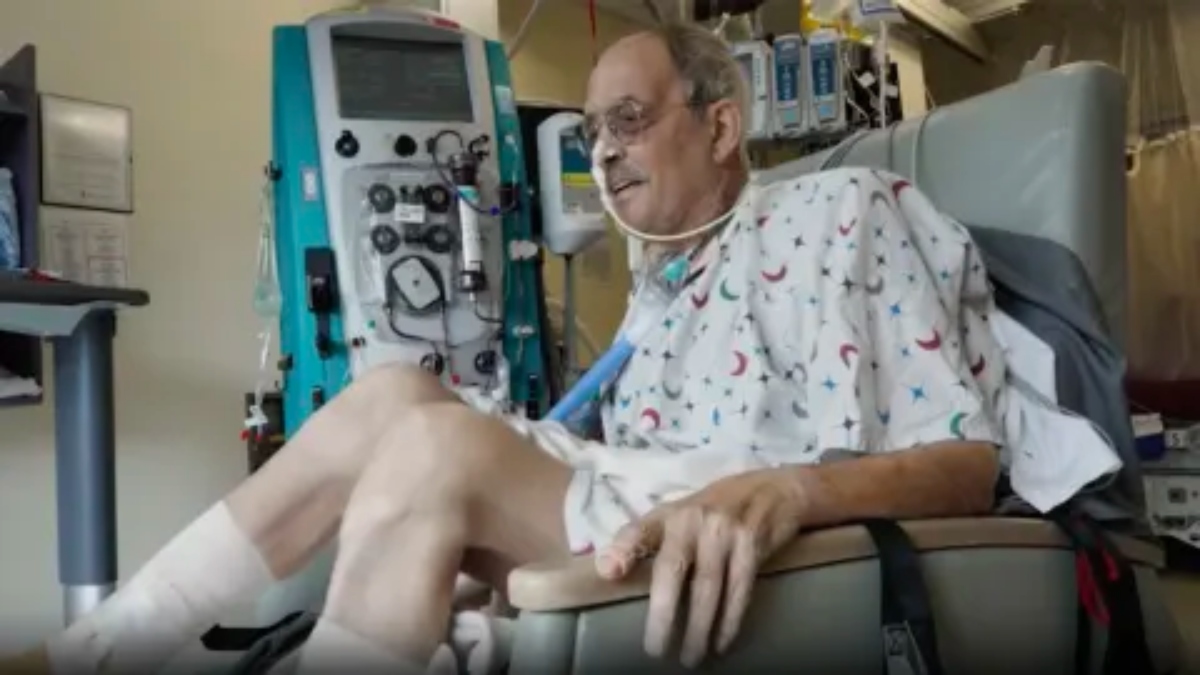A month following an experimental procedure in which a genetically modified pig heart was transplanted into 58-year-old Lawrence Faucette, medical experts report no signs of rejection or infection. This groundbreaking operation is only the second of its kind.
Faucette, who hails from Frederick, Maryland, was diagnosed with end-stage heart disease. Due to his health conditions, he was deemed ineligible for a conventional human heart transplant. The surgery took place at the University of Maryland School of Medicine, led by Dr. Bartley Griffith, director of the Cardiac and Lung Transplant Program.
As of now, the transplant appears successful. “His heart function is excellent,” states Dr. Griffith. Furthermore, Dr. Muhammad Mohiuddin, director of UMMC’s Cardiac Xenotransplantation Program, mentioned that they have begun to withdraw drugs that were initially supporting Faucette’s heart. The patient’s heart is now operating autonomously.
Lawrence Faucette is currently focusing on physical rehabilitation. In a heartwarming video clip shared by UMMC, he’s seen actively engaging in physical therapy.
The transplant was performed under the “compassionate use” program of the US Food and Drug Administration. This program aims to provide patients with severe or immediately life-threatening diseases access to investigational medical products when no other satisfactory alternatives are present.
The donor heart came from a genetically modified pig, provided by Revivcor, a subsidiary of the United Therapeutics Corporation. Notably, the pig underwent genetic modifications to enhance the compatibility of its heart with the human body, minimizing chances of rejection.
Doctors further treated Faucette with an innovative antibody treatment to suppress any immune reactions.
While the procedure offers hope for the future, it also carries significant risks. The first patient who underwent such a transplant, David Bennett, passed away two months after the procedure due to a variety of complications, including an unidentified pig virus.
This pioneering procedure sheds light on a potential solution for the organ transplant shortage. Currently, over 113,000 individuals are awaiting organ transplants, and around 17 lose their lives daily due to a lack of donors.






